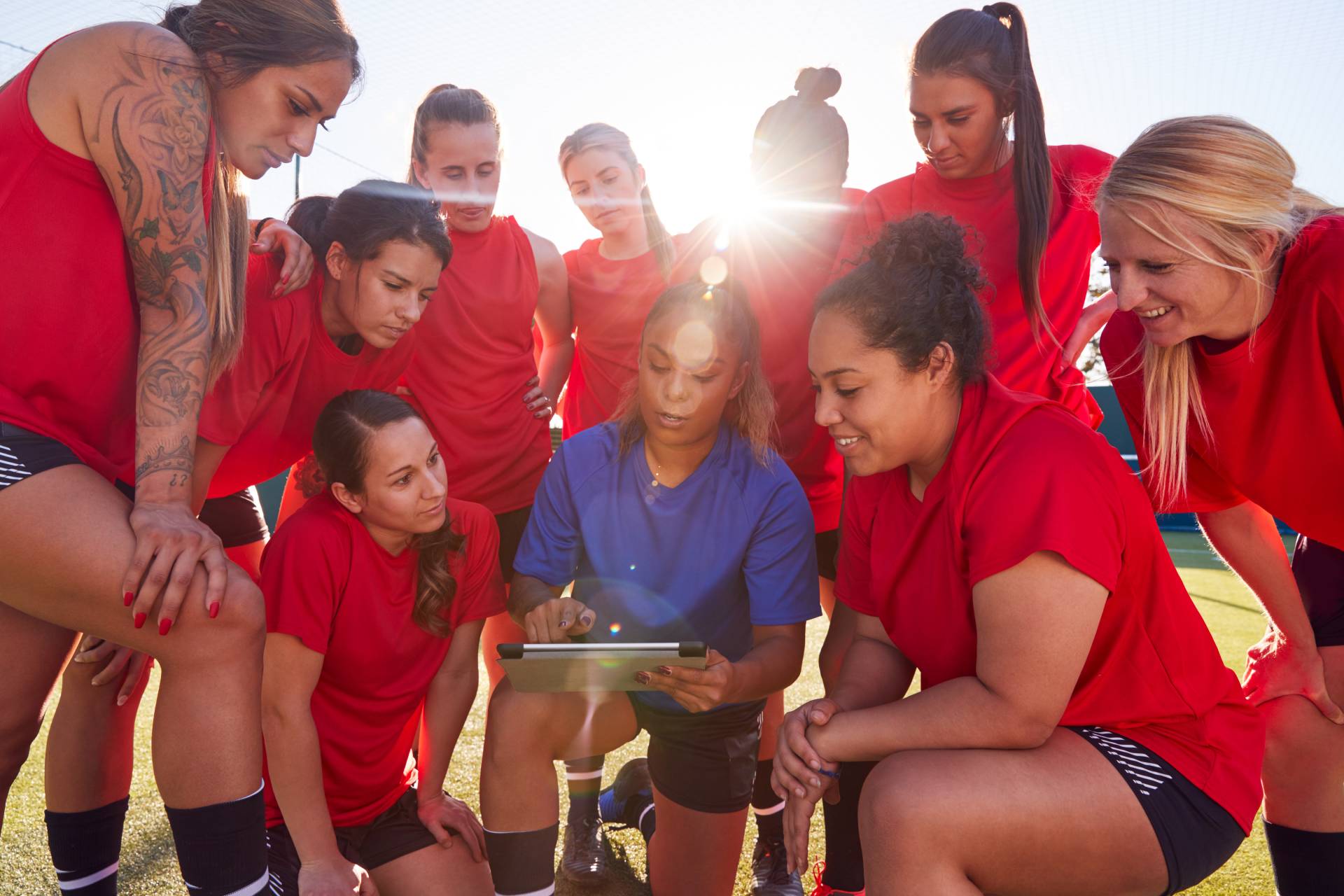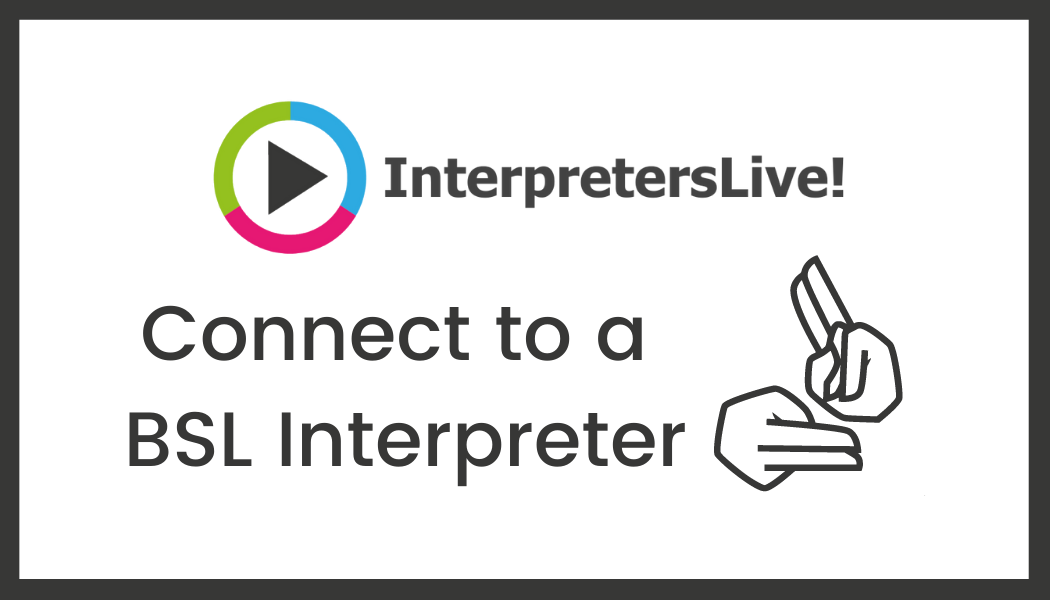
In November 2020, UK Sport announced its project to improve gender diversity across elite sports. It aims to more than double the number of high-performing female coaches by the 2024 Paris Olympic Games. Former sprinter and the first woman to become a head coach at British Athletics, Paula Dunn MBE, dubbed the project “critical” and “long overdue” in an interview with BBC Sport.
The programme officially kicked off in January 2021, with 27 coaches from 15 sports coming together to help increase female coaching representation from 10% to 25% over the next three years.
Eight coaches, including Dunn, will lead a six-month programme for 19 of the most promising coaches in the UK who have been identified as having the potential to coach at the summer and winter Olympic and Paralympic Games from 2024 and beyond. Here, we take a look and celebrate the careers of the eight coaches spearheading this vital project in UK sport.
Paula Dunn MBE
Dunn is a former sprinter who represented Great Britain in the 100 metres, 200 metres and 4 x 100 metres relay at the 1988 Olympic Games in Seoul. A five-time Commonwealth Games medallist, including silver (1986) and bronze (1994) in the 100 metres, Dunn was the first woman to become a head coach at British Athletics when she took over the Paralympic programme after London 2012. Additionally, Dunn was the first black head coach and led the team to victory, with Britain winning 33 medals at the Rio Paralympics - four more than in 2012.
Jane Figueiredo
Olympic diver turned multi-medal winning coach, Zimbabwe-born Jane Figueiredo is well-known in the UK as Tom Daley’s coach, having guided him to Olympic bronze in 2016 and a second world title in 2017. Prior to Figueiredo’s headline stealing work with Tom, she steered Russian diving greats Vera Ilyina and Yulia Pakhalina to the synchro springboard final at the 2000 Sydney Olympics.
Claire Morrison
In 2013, Claire Morrison became the first full-time, paid boccia coach in Britain. Morrison’s passion for hockey and football fuelled an initial desire to become a PE teacher, which led her into coaching and securing the role of development officer with Scottish Disability Sport (SDS). Morrison rapidly rose through the Scottish and GB ranks to assume her current position that will see her lead a Team GB squad to Tokyo’s Paralympic Games in August.
Kate Howey MBE
The only British woman to have won two Olympic medals in judo, with bronze at the 1992 Games in Barcelona and silver at Sydney 2000, Kate Howey was made MBE and handed the honour of being the British flagbearer for the opening ceremony of the 2004 Athens Games. Following retirement from competition, Howey became GB head coach and helped guide Gemma Gibbons to a silver medal at the home Games in 2012. Howey is vocal about the importance of LGBTQ+ inclusion in sport.
Mel Marshall MBE
Following an outstanding swimming career, which saw her compete in two Olympic Games and win a plethora of medals, including six at the 2006 Commonwealth Games in Melbourne, Mel Marshall is recognised as a top coaching talent in UK sport. Marshall is heralded for guiding Adam Peaty to the top of Olympic, World Championship, European and Commonwealth podiums, as well as nurturing the talents of many more British athletes. In addition, Marshall has raised in excess of £100,000 for charity, including funds for a residential training facility in Zambia through the Perfect Day Foundation.
Bex Milnes
Bex Milnes grew up swimming for the Doncaster Dartes before becoming a regular member of the GB triathlon team. Milnes moved into coaching at aged 22 and is now the lead paratriathlon coach at British Triathlon’s Loughborough Triathlon Performance Centre, where she works with some of the nation's top paratriathletes.
Tracy Whittaker-Smith
Tracy Whittaker-Smith is Head Coach for Great Britain Men’s and Women’s trampoline teams and director of Northamptonshire Trampoline Gymnastics Academy (NTGA). Whittaker-Smith made history by guiding Bryony Page to become GB’s first-ever Olympic trampoline medallist when she won silver at the 2016 Games in Rio.
Karen Brown
With over 15 years of experience as a Great Britain Hockey and England Hockey coach, Karen Brown will act as a mentor throughout the aforementioned UK Sport programme. Brown was part of the British squad that won bronze at the 1992 Summer Olympics in Barcelona and took Commonwealth silver and European gold. After retiring from competition in 1999, Brown went on to become assistant coach for both the GB and England hockey teams and part of the management teams that secured a World Cup bronze with England in 2010, Olympic bronze with GB at the London Games, European gold in 2015 and Olympic gold in Rio.
Looking to improve gender diversity in your sports organisation?
At level=, it’s our mission to help every sports organisation, regardless of size or scope, bring diversity and inclusion to their leadership and broader teams. Connect with us on
020 8159 8656 or email
hello@levelequals.com.
Connect with us on 020 8392 9959 or email hello@levelequals.com.




